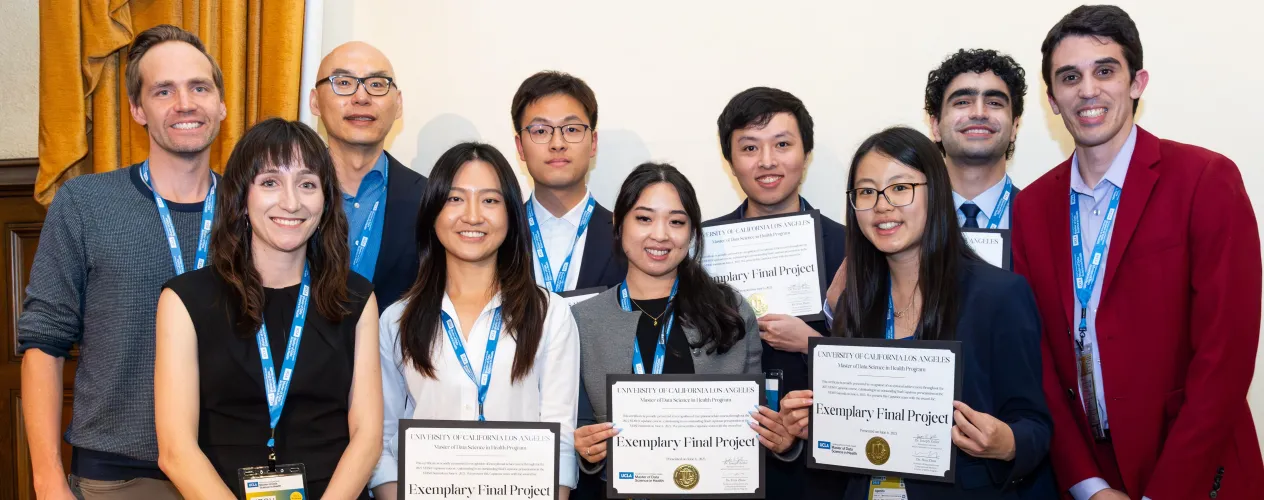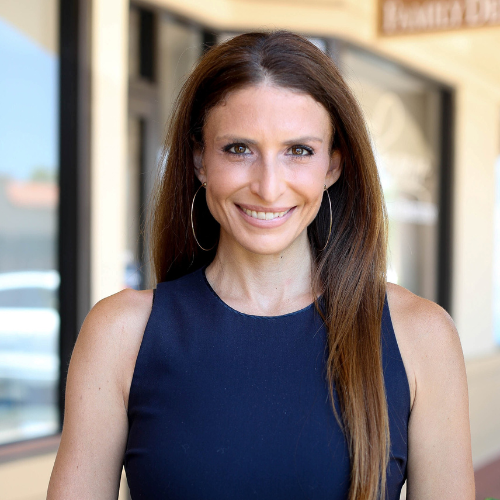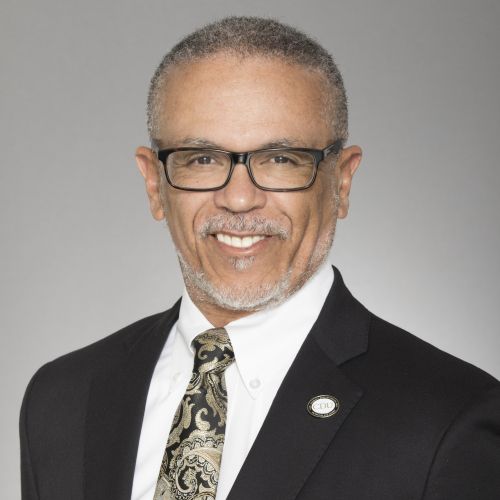UCLA Fielding School of Public Health recognizes first class of graduates in Master of Data Science Program
The MDSH degree program’s class of 2027 currently has 73 students, the largest group yet.

Two years after creating a master’s program designed to meet the ever-increasing need of the health industry for data analysis experts, the UCLA Fielding School of Public Health celebrated the achievements of the program’s first graduating students.
At a June 6-7 event focused on the master’s students’ research work, UCLA Fielding’s Dean Ron Brookmeyer, distinguished professor in the Department of Biostatistics, explained the impact of the Master of Data Science in Health (MDSH) program, the first such degree offered within the University of California system.
“It's now the largest graduate program in the Department of Biostatistics; it's also the largest self-supporting degree program at the Fielding School of Public Health, and we've seen a more than 25% increase in applications in the last year alone,” Brookmeyer told an audience of more than 100 students and guests at the inaugural “MDSH Summit” on the UCLA campus. “It is a jewel of a program because it provides incredibly important skills in science, AI, and statistical modeling; all critical as we move forward in the next decades for improving health.”
In an era of what is increasingly referred to as “big data,” the degree program is foundational to teaching the next generation of research experts to tap into the possibilities of high-powered computing, machine learning, and the information explosion to glean insights and draw conclusions that can improve the health of populations.
In 2024, UCLA Fielding received 332 applications for the MDSH program; in 2025, the numbers have reached 429 and counting, an increase of nearly 30%. The degree program’s class of 2027 currently has 73 students, the largest group yet.
Members of the class of 2025 have already secured competitive internships and full-time positions at employers that include Edwards Lifesciences, Merck, and UCLA Health, while others are going on to doctoral programs, including at multiple University of California campuses, the University of Southern California, the University of Georgia, and the University of Hawaii at Manoa.
At the summit, a dozen teams of 5-6 students each presented their capstone projects, the results of a focused, 10-week-long project where the students worked directly on a data-focused problem for a partner organization, including both the public and private sectors. In 2025, those ranged from the Thousand Oaks, Calif.-based pharmaceutical company Amgen to Boston Children’s Hospital to Prenosis, Inc., a health technology company which uses artificial intelligence to deliver diagnostic information for critical patients.
“The teams collaborated with industry partners to tackle real world, data science, business, and public health problems,” said Mia Giordano, the MDSH Capstone coordinator. “Our impressive array of partners reflects the breadth and relevance of our students’ work and highlights how well equipped our students are to solve real world challenges through data science.”
The partners are from across different industries, including healthcare, pharmaceutical, technology, and academia, and the students delivered on a wide range of scopes of work, including using data science tools to solve a business or healthcare problem; preparing written and oral presentations providing public health and business insights based on statistical analyses; and applying professional skills, including working effectively on a team, self-assessment, and team feedback.
Public agencies - both the U.S. Food and Drug Administration and the Santa Clara County (Calif.) Social Services Agency, or SSA – also became involved in the project; Santa Clara brought their student team aboard to use public data to generate dashboards and maps to support the agency’s work to support assistance for both older adults and families with children in the county, the sixth-most populous in the state.
“SSA was looking for opportunities to use publicly available data to better understand and anticipate community-based needs for program supports and services, and this partnership showed us new perspectives of visualizing census data to serve our communities,” said Derek Lee, an analyst with the agency. “We learned a lot and enjoyed working with UCLA.”
Among the private sector, along with healthcare providers and technology companies serving as partner organizations, one, perhaps stood out on the list: the Los Angeles Dodgers. UCLA Fielding School alum Dr. Justin Williams (PhD, ‘20 and MS, '16), who has worked for the Dodgers as an analyst for five years, has a simple answer:
“I'm involved on the team that is building long term predictive models, primarily for evaluating player talent, player skill ... very similar to ‘Moneyball,’ ” Williams said, referring to journalist Michael Lewis’ 2003 book, Moneyball: The Art of Winning an Unfair Game, about the then-Oakland A’s 2002 season, and the subsequent (2011) film. “The movie (gives) a good frame of reference of the type of work we do, but it has evolved over time in terms of the types of data and the scale ... that's why you see more and more people coming from a data science background.”
The students who worked for the Dodgers created a model to estimate the probability of a runner being thrown out at home when tagging on a sacrifice fly - the tactic of a batter intentionally hitting a fly-ball to the outfield or foul territory to allow a runner to score. The research work included reviewing the decisions of coaches to send runners home, and how much impact these decisions have on the game; ultimately, helping the Dodgers improve their results on the field.
“We were interested in working with students that had some level of experience, that could hop on to a problem that we're facing, in a relatively quick amount of time, and help us answer a problem that could provide actionable insight for the team, and in an area where we didn't have enough resources to do all the projects we would like to,” Miller said. “The fact that these were masters’ level students, they've had a lot of experience being able to write code in an efficient and collaborative way, that would allow us to then be able to review it and use it, potentially after the project? That is also really helpful.”
One of the students on the “Sacrifice Fly” team was William Taylor Martinez, who is graduating from the MDSH program, along with his teammates, this year; all echoed similar points on the worth of the program, including the capstone exercise.
“It allowed us to grow in a way that makes us productive in the actual workplace, because what we did here was, we didn't just form a team; we formed an organization,” Martinez said. “We had program management software, we had a wiki of all of our knowledge that we could share amongst each other, we had constant communication with each other of our own ideas - things that you would see in corporate America - it's things like that, that aren't captured in the classroom ... this project really did shine in showing us how to work as a team, and work in teams, to accomplish what is a larger goal.”
To view and download photos from the event, please click here.

